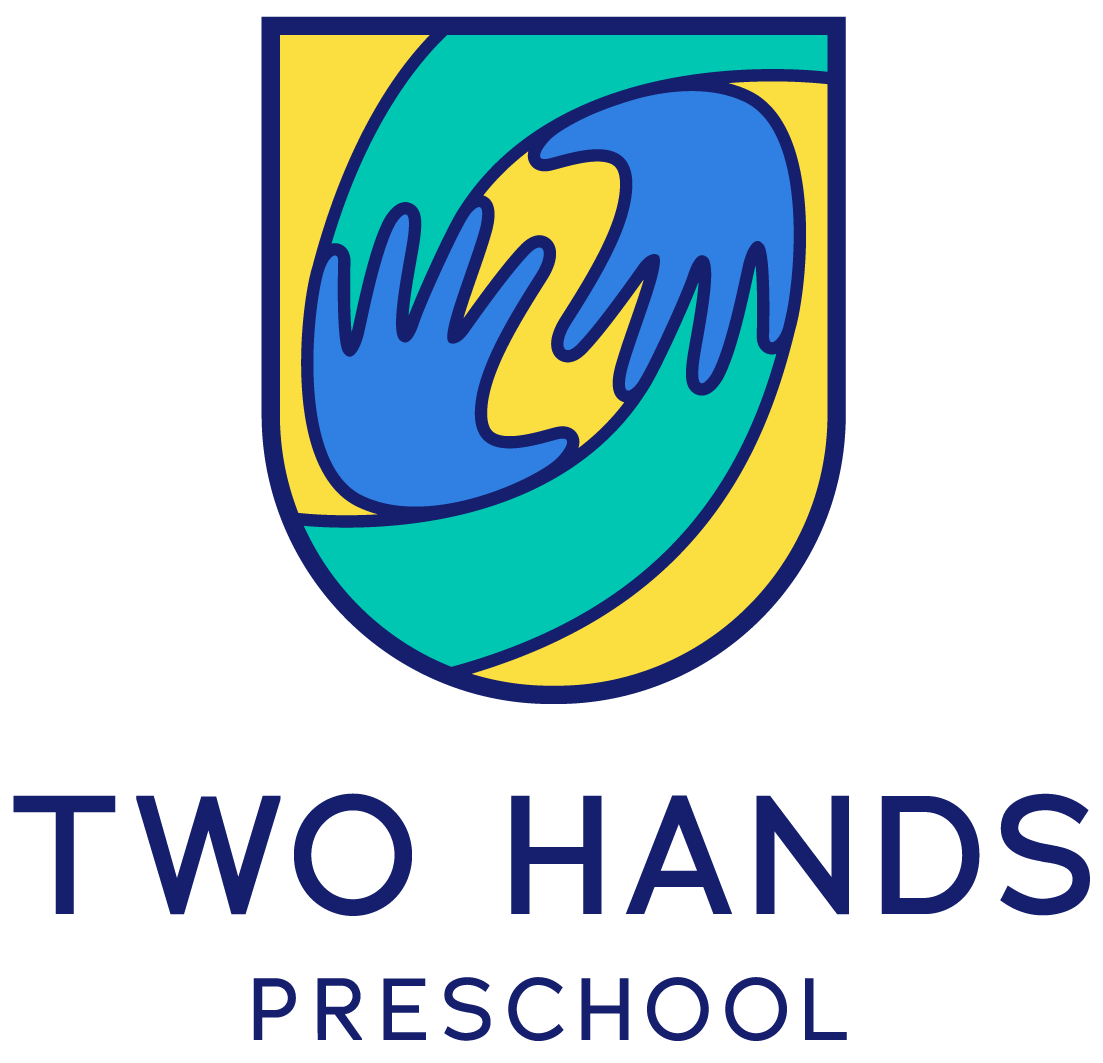Family Hub
Here you’ll find our summaries of the latest research and advice on early childhood development and education – no long-winded reports, just the bits you need to know. If your child attends Two Hands Preschool and you have any questions, please get in touch and we can work together.
7 things your child’s secondary school teachers will be glad they learnt in their early years
There is a reason that the early years are known as the foundation stage in education. For it is now beyond dispute that how a child learns and develops in their early years is critical and has a lasting impact on their future in education and beyond. The attitudes and dispositions that secondary school teachers strive to develop in the children that they teach can be learnt in a child’s early years. So what can your child learn in their early years that, if built on rather than dismantled during primary years, will stand them in good stead for academic and personal success as teenagers?
Is Two Hands Preschool a Montessori nursery?
The short answer is ‘no’. Rather than remaining faithful to one educational approach, such as Montessori, we draw from a range of early years philosophies, including Montessori, Froebel and Reggio Emilia. More importantly, our approach is grounded in the latest research in early years teaching and we cannot make a firm commitment that this will always align to the Montessori method. However, the longer answer is more complex. Although Two Hands Preschool is not an authentic Montessori nursery, it has many features of a Montessori educational setting and, perhaps worryingly, more than some preschools that do claim to be Montessori!
Getting to grips with maths: your child’s journey
There is a lot that we don’t know about the development of mathematical understanding. Much more research has been conducted into language development, for example. However, we do know that all children are born ‘ready for mathematics’ - even infants understand the fundamental mathematical concept of ‘more’! We also know that preschool mathematics, especially an understanding of numbers, predicts later achievement in school and enhances life choices. Once children fall behind in mathematics, they continue to do so throughout school. Yet just as with the development of writing, the focus in the early years should be on laying secure foundations, rather than racing to ‘get ahead’.
What is the best age for a child to start nursery or preschool?
For decades, this question has been asked by parents, researched by academics and opined on by anyone and everyone. It is one of the most hotly contested parenting topics out there (nearly as much as sleep training, but not quite!) and like all hotly contested topics, there is no one-answer-fits-all.
Learning to write: your child’s journey
Writing is a vital, lifelong skill. In primary and secondary school many areas of the curriculum are assessed through writing, so strong writing is one of the keys to academic success. Amongst adults, good writing is used as one of the marks of an educated person and one of the most sought-after skills by higher education providers and employers. Does this mean that high quality preschool education should lay the foundations for writing development? Absolutely. This article will outline what this should actually involve – and what it should not!
Childcare or Education during their Early Years: what’s the difference?
When it comes to children younger than five, we tend to think more about childcare than education. When parental leave ends, we plan who will ‘care’ for the child in our absence, not who will ‘educate’ them, opting for anything from informal support from relatives to day nurseries, au pairs and nannies. Our main concerns are usually (and understandably) the overwhelming cost of childcare and finding an option that suits the whole family. But in focusing on these matters are we inadvertently overlooking our children’s education – and does it really make a difference?








